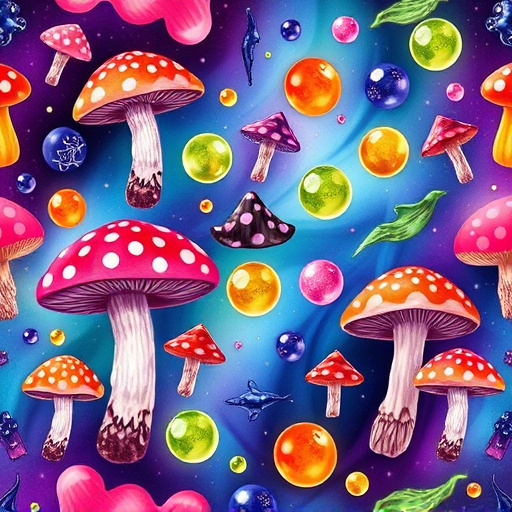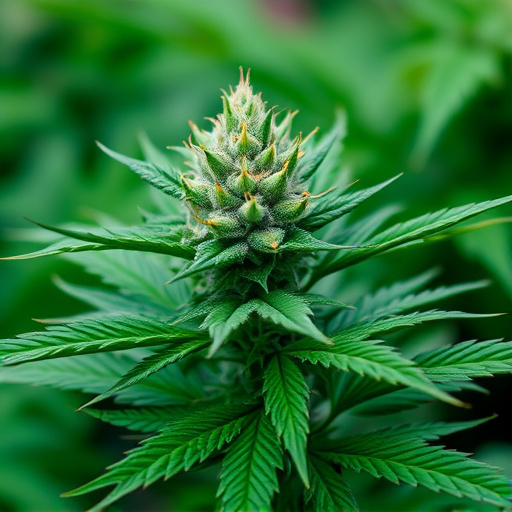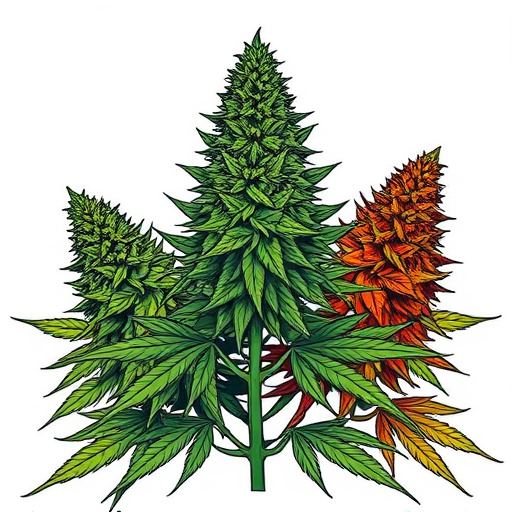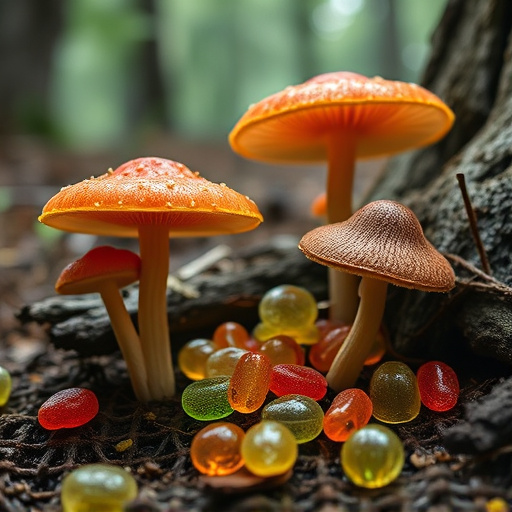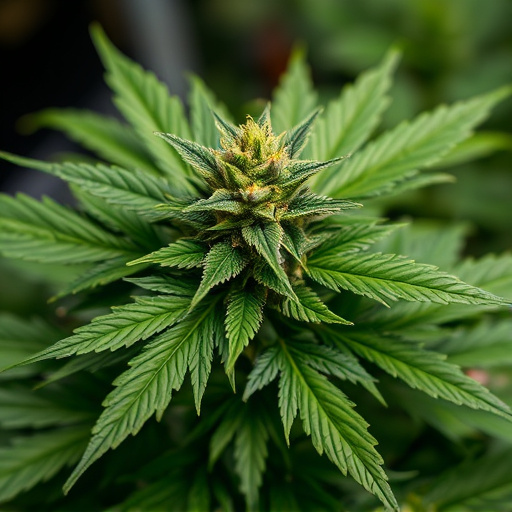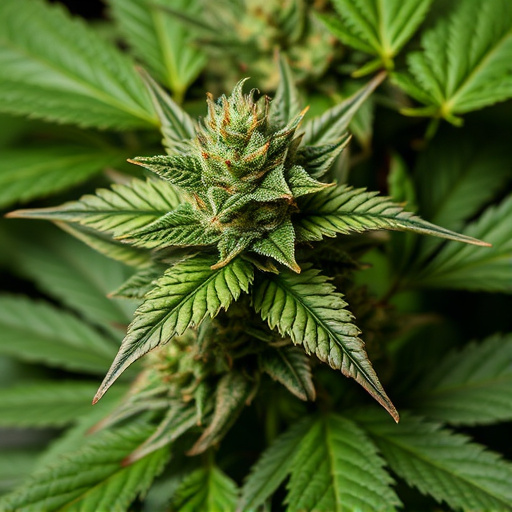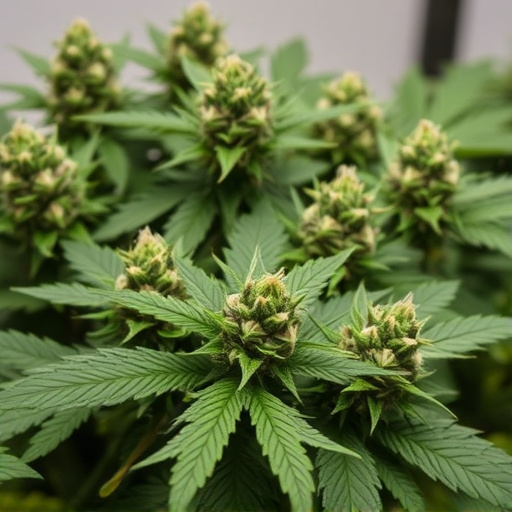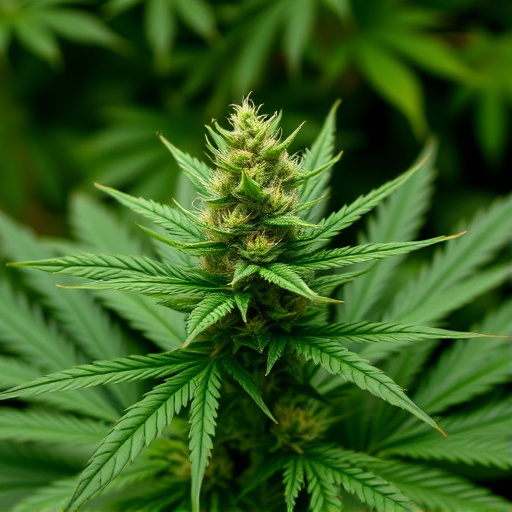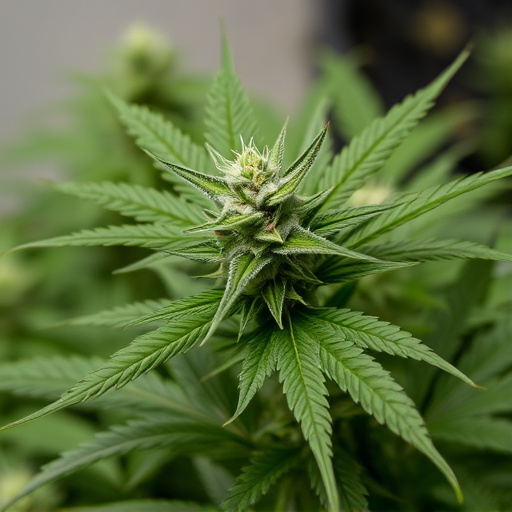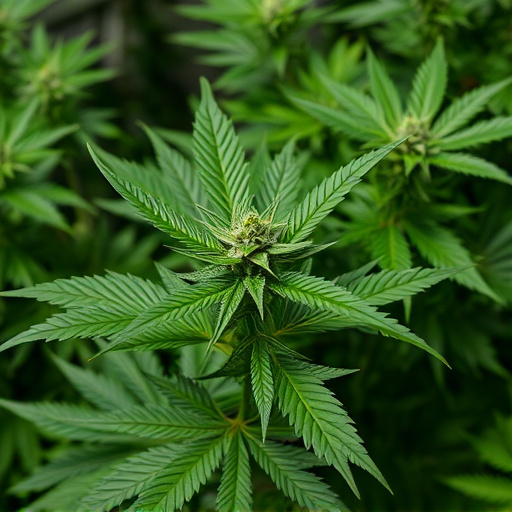The "high" experienced from medical marihuana strains varies based on their cannabinoid composition, particularly THC and CBD levels, which influence duration and intensity. Genetic factors impact metabolism, affecting high duration for users with different tolerances. Consumption methods, such as smoking or edibles, also significantly alter the experience. Breeders develop strains tailored to desired effects, catering to individual user needs and preferences among medical marihuana consumers.
“Unraveling the duration of a cannabis high is a complex dance influenced by various factors. This article explores the intricate web of elements that dictate how long the effects of medical marihuana strains last. From the genetic composition and cannabinoid profile of different strains, to individual biochemical differences and tolerance levels, each plays a pivotal role. Additionally, the method of consumption and dosing significantly impact the high’s duration, offering valuable insights for consumers seeking optimal experiences.”
- Genetic Composition and Cannabinoid Profile
- Individual Biochemistry and Tolerance
- Consumption Method and Dosing
Genetic Composition and Cannabinoid Profile
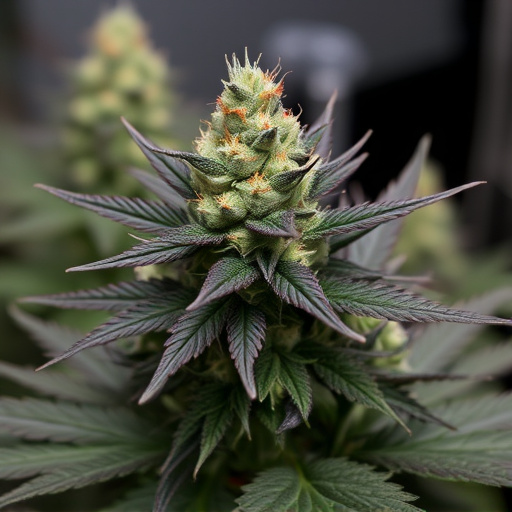
The genetic composition and cannabinoid profile of a cannabis strain play a pivotal role in determining the duration and intensity of its intoxicating effects, commonly known as a “high.” Medical marihuana strains, with their diverse genetic backgrounds, offer a wide array of cannabinoid profiles. Cannabinoids, such as THC (tetrahydrocannabinol) and CBD (cannabidiol), are responsible for producing these effects. Different strains have varying levels of these cannabinoids, significantly impacting the overall user experience. For instance, high-THC strains tend to induce more potent and prolonged highs, while CBD-rich varieties often provide a milder yet longer-lasting effect.
Breeders carefully cultivate and select strains based on their desired cannabinoid profiles, ensuring consistent results for medical users. The intricate interplay between genetics and cannabinoids creates a complex spectrum of effects, making each strain unique. Understanding these factors is essential for consumers seeking specific durations and types of highs to meet their individual needs and preferences in the context of medical marihuana treatment.
Individual Biochemistry and Tolerance
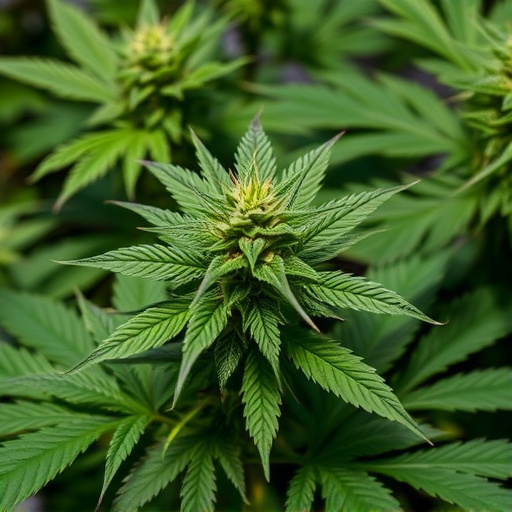
The duration of a cannabis high can vary greatly from person to person, and one significant factor contributing to this variation is individual biochemistry. Everyone’s body metabolizes cannabinoids like THC (the primary psychoactive compound in cannabis) differently. Genetic predispositions play a role in determining how fast and thoroughly your body absorbs and processes THC, which, in turn, influences the intensity and length of your high.
Additionally, tolerance builds up over time with regular use, affecting the overall experience. The more accustomed your body is to cannabinoids, the less pronounced the effects may be during subsequent uses. This tolerance can significantly impact how long a cannabis high lasts, as the body becomes more efficient at managing the drug’s presence, potentially reducing its psychoactive effects and altering the perceived duration. Medical marihuana strains with higher THC content might lead to longer highs for tolerant users, while less experienced individuals may find shorter durations even with similar strains.
Consumption Method and Dosing
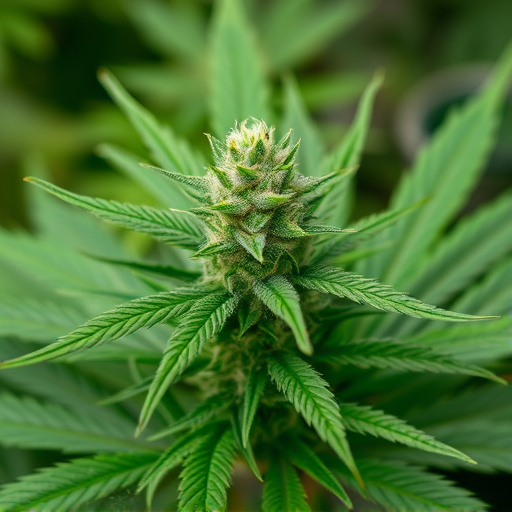
The method of cannabis consumption plays a pivotal role in determining the duration and intensity of the ‘high’. Different consumption methods offer unique experiences, with each having its own set of advantages and disadvantages. For instance, smoking cannabis through traditional methods like joints or pipes provides rapid effects, often within minutes, but may not be the most efficient way to consume for prolonged high sensations.
On the other hand, edible forms of cannabis, such as gummies or oils, offer a more sustained and long-lasting high. This is because edibles take longer to digest and absorb into the body, leading to a gradual build-up of effects that can last for several hours. However, dosing is critical here; consuming too much can result in an intense but unpleasant experience. Medical marihuana strains often cater to various consumption methods, with some breeds known for their potent effects, while others provide more subtle yet extended highs, catering to different user preferences and needs.
Understanding the factors that impact cannabis high duration is essential for both recreational users and those relying on medical marihuana strains. The unique combination of genetic composition, specific cannabinoid profiles, individual biochemical makeups, and tolerance levels play a significant role in determining how long the effects last. Additionally, the consumption method and dosing significantly influence the experience. By considering these factors, individuals can better predict and extend their desired cannabis high, ensuring a more enjoyable and controlled experience.


